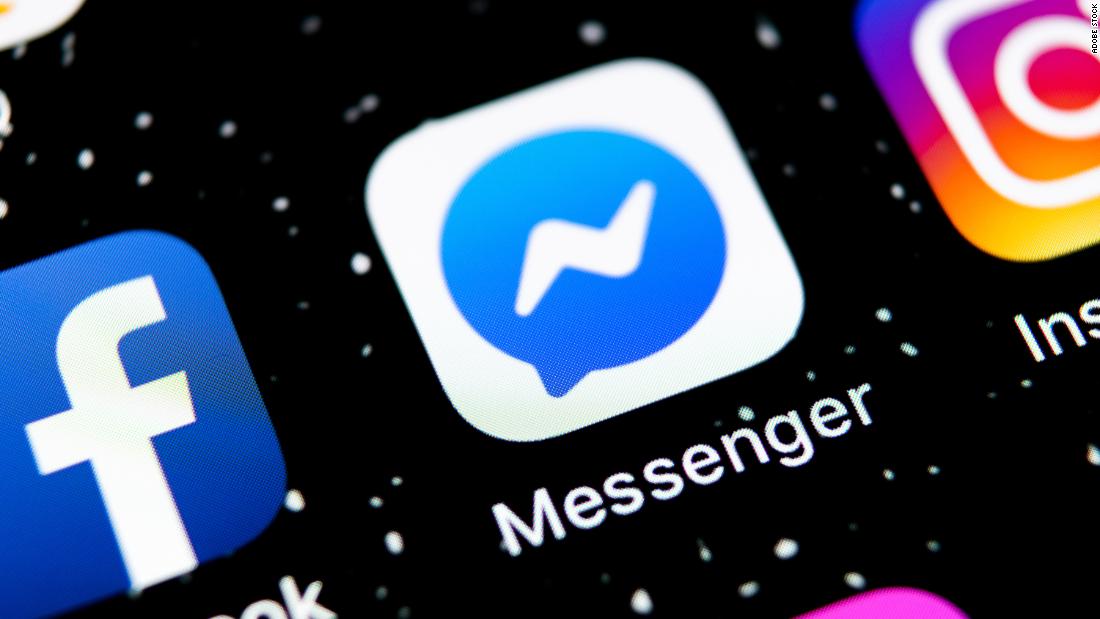
Facebook’s parent company said it plans to test making chats end-to-end encrypted by default for some Messenger users and to make fully encrypted calls on the platform. It’s also planning to expand tests of end-to-end encrypted messages and calls on Instagram.
The company has for years been working to expand and improve end-to-end encryption on its platforms, with the promise of ensuring that messages are only viewable by members of the conversation and not accessible by the company. These moves have sometimes received pushback from government officials who worry about the impact on law enforcement.
WhatsApp, which is owned by Meta, already enables end-to-end encryption by default. Messenger mobile app users can currently opt-in to end-to-end encryption in conversations. The company has previously pledged to make end-to-end encryption the default for all messages and calls on its platforms globally in 2023, a promise it reiterated Thursday.
Facebook, in a response to the coverage, noted that the case began prior to the Supreme Court’s June decision to overturn Roe v. Wade and that the search warrant it received did not mention abortion but rather “the alleged illegal burning and burial of a stillborn infant.”
Still, the situation is one that many digital privacy experts have warned of, especially following Roe’s demise: that law enforcement in some states could obtain people’s personal information, such as messages, search histories and location data, from tech companies to enforce laws prohibiting abortion. Experts have encouraged people to switch to end-to-end encrypted messaging platforms for sensitive conversations, such as those about abortions.
Meta spokesperson Andy Stone told CNN Business that Thursday’s encryption announcement has been in the works and is unrelated to news of the Nebraska case.
